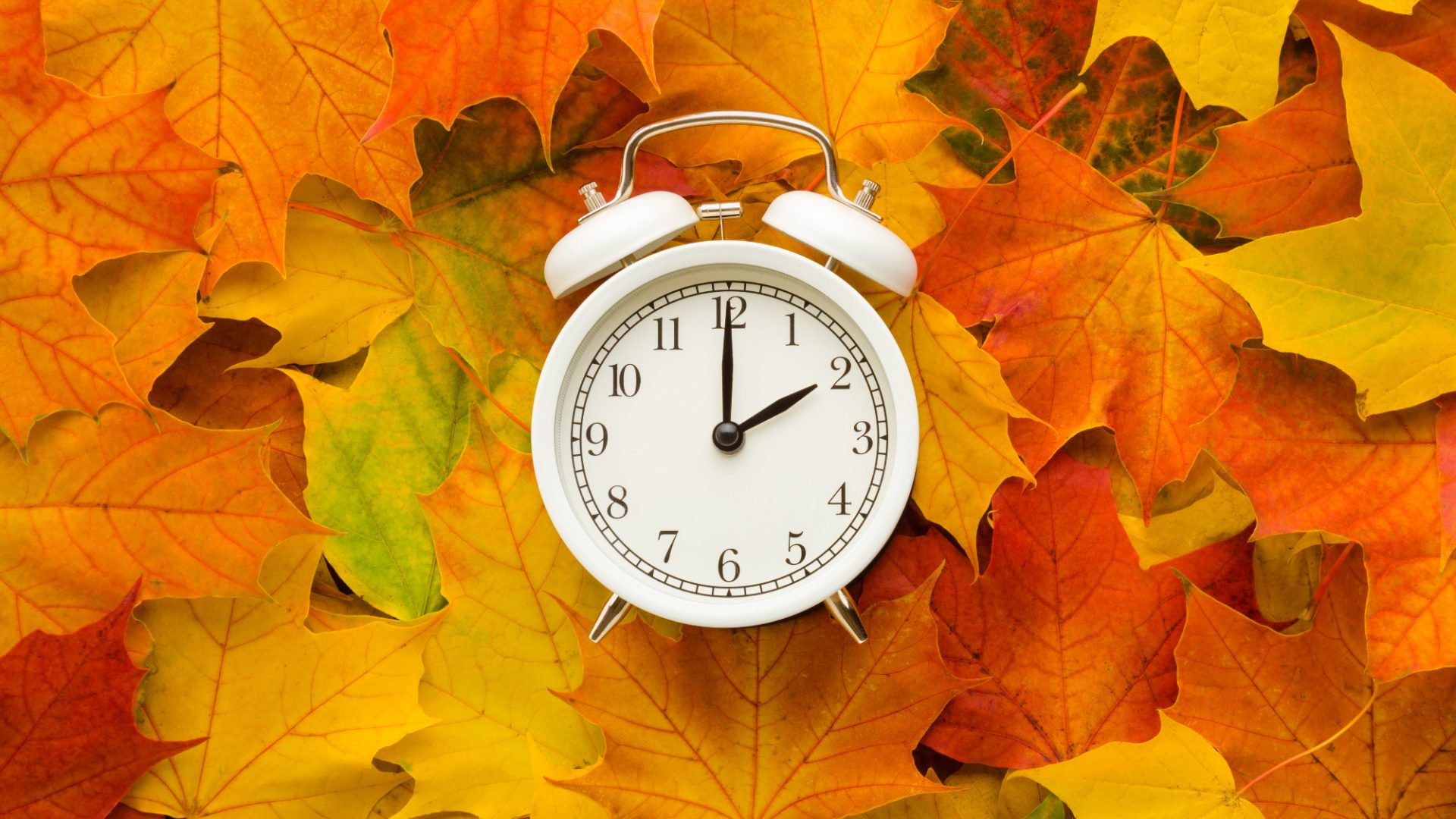1. On the morning of Sunday, October 26, assuming you are in the UK, you will be blessed with an extra hour in bed. The clocks are going back, so that 2am BST will be magically followed – as it is on the last Sunday of October every year – by 1.01am GMT.
2. Don’t get too excited, though – because no one has yet found a way of communicating this magic to either animals or young children. And the extra hour is, in any case, stolen back from you on the last Sunday in March.
3. The notion of changing the clocks a couple of times a year is often, as with so many notions, credited to US founding father and all-round clever person Benjamin Franklin, who in 1784 wrote an essay for the Journal de Paris under the catchy title of “An Economical Project for Diminishing the Cost of Light” (tl;dr: rise at dawn, save money on candles). In 1784, though, countries didn’t keep consistent time at all – that only came with the arrival of the railways – so the idea that he suggested formally changing the clocks is fallacious. Most likely, he was taking the piss.
4. The actual father of daylight saving time (DST) was a Kentish builder and early bird named William Willett, who, while riding to work one glorious summer’s morning in 1905, noted with outrage how many blinds were down. He produced a pamphlet launching a campaign to move the clock forward in four increments of 20 minutes each April, then back again each September. Willett died in 1915, before he could either see a simplified version of his plan adopted, or meet his grandson John, whose own grandson would turn out to be Chris Martin, the lead singer of Coldplay.
5. Parliament had rejected the idea of changing the clocks – just twice a year, an hour each way – in 1909. It was only in 1916, when Germany did it in an attempt to save fuel for the war effort, that Britain felt the almost immediate urge (literally: weeks) to do the same. Other countries would follow, too.
6. During the next war with Germany, Britain actually adopted British Double Summer Time, setting clocks two hours ahead of GMT in summer, and one hour ahead in winter. This means that winters between 1941 and 1945 were spent, perversely, on British Summer Time. The change was adopted again in 1947 because of fuel shortages.
7. These days, some version of DST is observed almost everywhere in non-Russian Europe, Egypt, New Zealand, Chile, most US states, most Canadian provinces and roughly two thirds of the population of Australia. Countries or regions closer to the equator are less likely to bother with such things: with relatively little variation in the time of sunrise or sunset throughout the year, there is simply no benefit.
8. And there are, in fact, some disbenefits. Farmers, so often credited/blamed for the clocks changing, actually find it a pain in the arse because livestock pointedly refuse to understand why feeding time might have changed.
9. There’s evidence that changing the clock can actually cause health problems by messing with our circadian rhythms and forcing us into or out of bed at the wrong time, too: reduced sleep has been blamed for, variously, mood disorders, depression, anxiety, substance abuse, decreases in cardiovascular health and cognitive performance, increases in diabetes and obesity, and a greater incidence of road accidents. Ah.
10. Even the energy-saving argument may no longer apply: lighting now accounts for a far lower share of fuel consumption than it once did, and messing with the clock may encourage us to use energy in other ways (heating, air conditioning, entertainment) when we should by rights be going to bed.
11. Attempts to scrap the whole rigamarole, however, have not been successful. In March 1968, Britain’s clocks went forward but were not put back until October 1971. The experiment was abandoned because it wasn’t really clear whether it actually worked better, and some people, most notably in Scotland, complained about getting up in darkness each winter.
12. The two changes of the clock, by the way, are not entirely symmetrical. The clocks go back seven or eight weeks before the winter solstice, but don’t go forward again until roughly 14 weeks afterwards. The reasoning seems to be that the phenomenon of “seasonal lag” means that most of winter actually comes after the longest day, around December 21, and that winter is horrible, so we might as well stay in bed.
13. Lastly, despite what many of us say, it’s not daylight savings time, but daylight saving time, singular. Let’s all try to get that right in future, shall we?
Suggested Reading


Nerd’s Eye View: 12 things you need to know about autumn
1916
DST first introduced in Germany, then Britain
1941-5, 1947
Double DST observed in Britain
1968-71
DST briefly abolished




